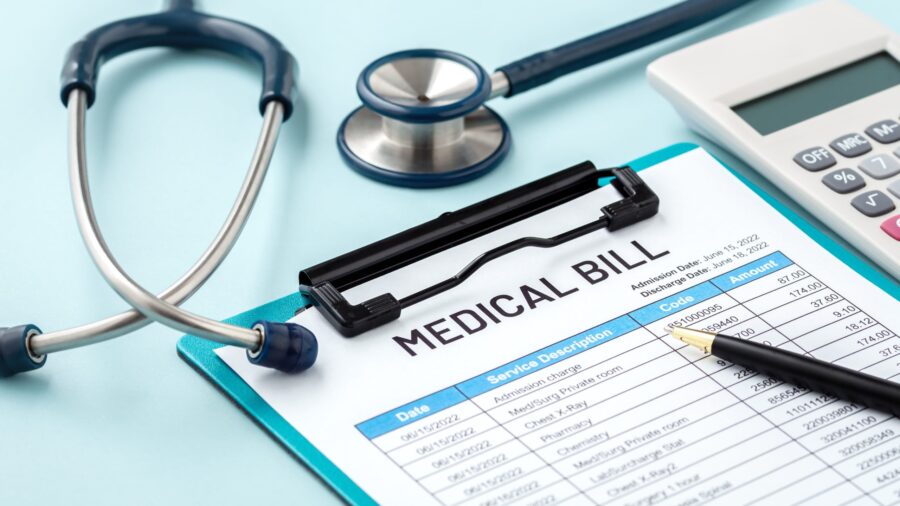
Medical bills can be a thorn in the side of your credit score
Credit card bills, phone bills, utility bills — there are all kinds of expenses for New Yorkers to deal with that could put them in a bleak financial situation. For many people, medical debt is a big driver of financial insecurity. For many people, medical bills might sneak up on them; the physical bill might not arrive for several weeks after a procedure or office visit, so there could be a disconnect between the service provided and its cost.
In any case, medical bills can be one of the main causes that might lead someone to consider filing for personal bankruptcy. Even with adequate medical insurance, medical bills can quickly spiral out of control if a sudden illness catches someone off-guard. Personal bankruptcy is often a viable option when these expenses become untenable.
However, unpaid medical bills can be hazardous to one’s financial health in other ways. If, after a certain length of time, bills are sent to collections, they can show up on a person’s credit report and bring down their credit score. In some ways, this makes sense; a credit score is supposed to be a representation of how reliable someone is with paying their bills and debts, so medical debts fall into that category. Unlike using credit cards, however, the amount of medical debt might not be known until long after the transaction, as it were, has taken place.
Nobody wants to find themselves in what can seem like a hopeless financial situation. Experienced bankruptcy attorneys can advise people who are headed down that path to help them evaluate their options while there is still plenty of time to do so.
Source: CNBC, “Credit alert! Unpaid medical bills unfairly hurt scores,” Herb Weisbaum, May 21, 2014

